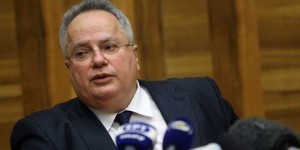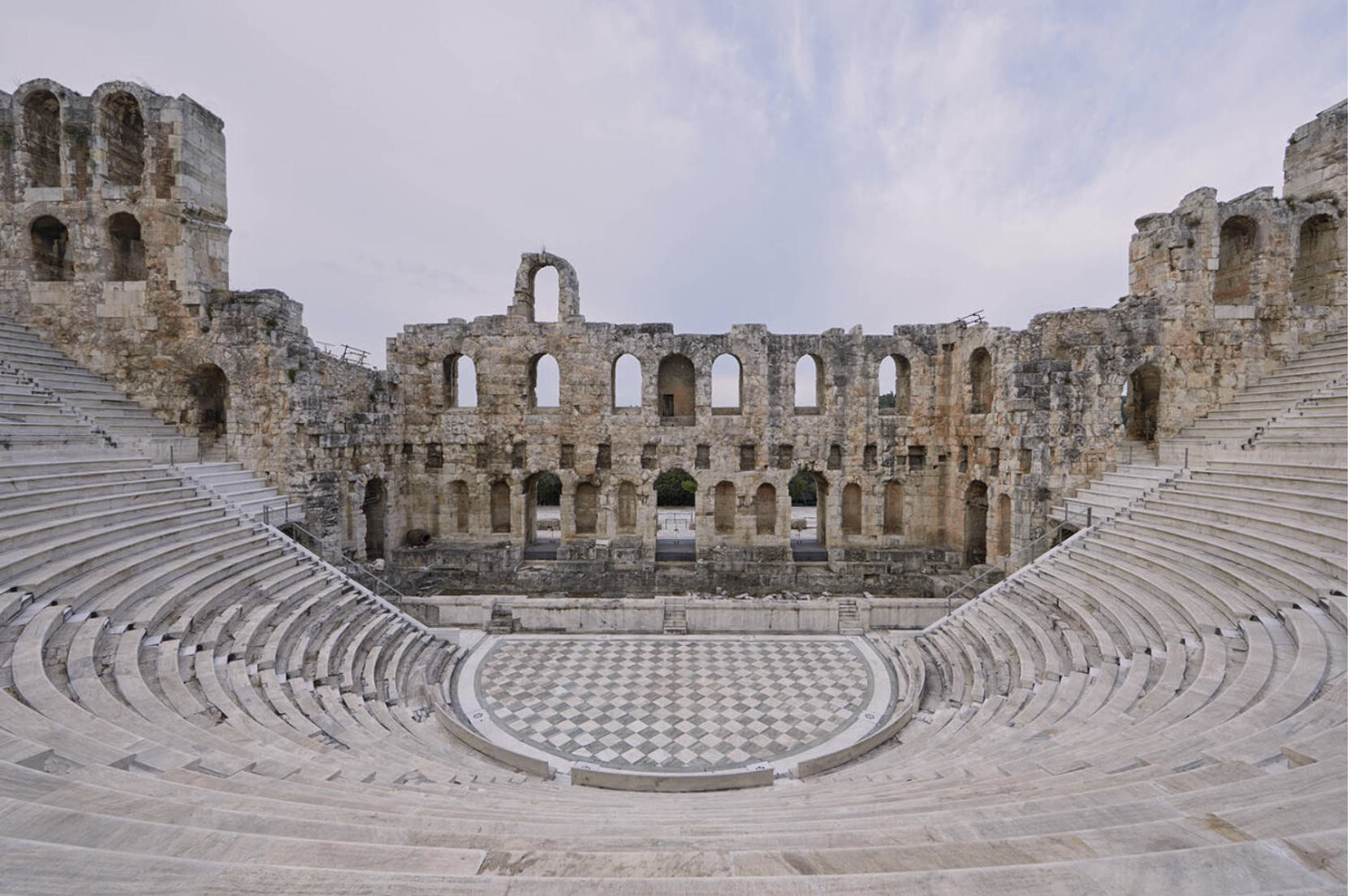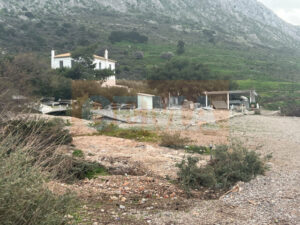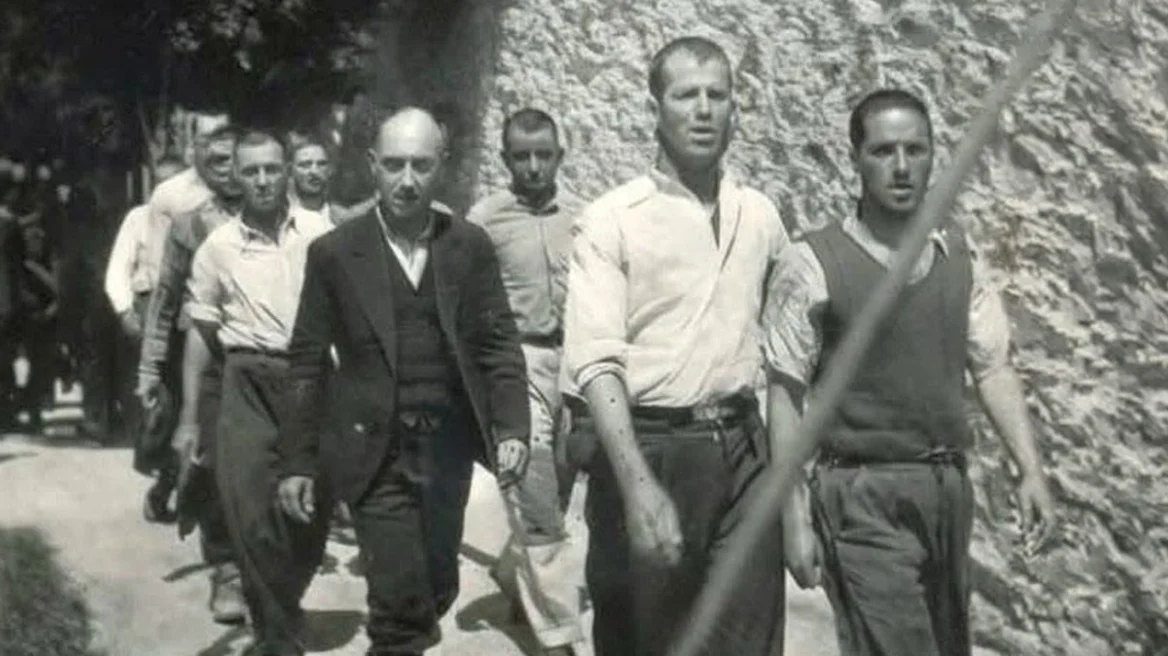Greek Foreign Minister Nikos Kotzias has accused Britain of playing a hand in derailing a UN initiative to help broker a Cyprus solution during last summer’s peace talks in Switzerland.
Speaking after a meeting with UN Secretary General Antonio Guterres at the UN Headquarters, Kotzias said a crucial document submitted by the UN on the final evening of the peace talks in Crans-Montana had only been discussed by himself and the Greek Cypriot side.
“The only document submitted during the negotiations on the last evening, regarding the framework in which the decisions would be implemented, was from the UN and had to do with abolition of the treaty of guarantees and intervention rights.”
“Unfortunately, this text on that evening, with the exception of myself and partially Cyprus, was not discussed by the other sides. The British also sabotaged it in some way,” he said.
UK Minister for Europe Sir Alan Duncan had been representing the British government during the failed peace talks at the Swiss resort while Turkish Foreign Minister Mevlut Cavusoglu had been in attendance for Turkey.
Cyprus leaders Nicos Anastasiades and Mustafa Akinci had been representing the two communities of the island.
Kotzias added that the text submitted by Guterres was “a good foundation to continue our talks,” adding that it was a success of the Greek diplomacy that the concept of “open ended” talks was accepted, and that talks would continue, as long as the two sides wanted this.
“At this moment in time, one side does not seem willing to enter substantive talks, which it also avoided in Crans-Montana. It is our obligation to help, to contribute to the solution of the Cyprus issue to the benefit of Cyprus’ population.”
A UN statement after Kotzias’ 15 minute meeting with the UN Secretary General said “the Secretary General commended the compassion and solidarity shown by the Greek governemnt and its citizens towards large numbers of refugees and migrants who arrived in Greece”.
Other issues discussed between the two men included the name dispute between Greece and FYROM as well as the migrant crisis and Greece’s handling of the situation.
Ask me anything
Explore related questions





